View
West east
Updated: 2011-08-30 07:51
(China Daily)
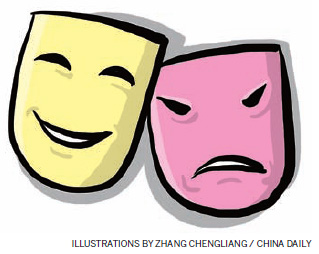 |
Praise or criticism?
"American parents and teachers use more compliments and encouragement to help a child develop," Chen says, adding it's the opposite for Chinese parents.
Chen's elder son Liu Changhao studies at an elementary school in Iowa City, so he learns the American way at school, but returns to a Chinese home.
"Sometimes he is confused about the different ways," Chen says. "When he expects to get praise, it's not always the case."
Aumer says her Chinese mother never says things like, "Congratulations", or, "I am proud of you", but her American father says things like, "Good job, honey".
Zhang Yuping, from China and the mother of a 17-year-old boy and 9-year-old daughter, says that when she receives her children's course results she tends to concentrate on their failings.
"When I point out what they didn't do well, my children always say, 'Mom, why don't you praise me for what I have done well?'" Zhang says.
More authoritarian
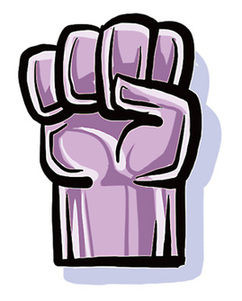
Li Xiaomei's daughter, who was born in China and grew up in the US, was slapped on the face by her father when she refused to change her clothes.
Li's husband thought her then 13-year-old daughter's clothes were too revealing for her age and asked her to change into the clothes they bought her in China. She said no and added that he had no right to slap her.
Generally, Chinese parents are more authoritarian compared to American parents and expect their children to respect and obey, while American parents tend to see their children more as equals.
"For my mother, I think it's hard because she grew up in a completely different environment," Aumer says. "I am not always obedient."
She says she's not frightened of speaking her mind, but her mom usually retorts, "You shouldn't talk to your mom like that."
Josie Liu, the Chinese mother of a 4-year-old daughter, says she has adjusted her parenting to fit in with the US.
"When I grew up, my parents were pretty authoritarian," Liu says, adding she has to be more "polite" with her daughter in the US and instead of saying, "Hey, you have to do this," she asks, "Can you do this?"
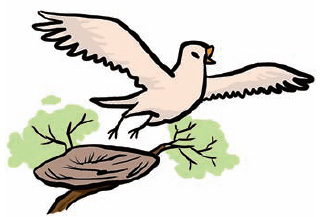 |
Fostering independence
"Chinese parents are more likely to think children are vulnerable and dependent," says Chen Shuang, a Chinese history professor at the University of Iowa.
He says Chinese parents will do everything they can for their children instead of encouraging them to develop independence. Typically, they feed their children up to the age of 3.
Joyce Long, an American mother and wife of a staff representative of the Christian organization The Navigators, agrees with Chen.
She has worked with and advised Chinese parents in Iowa City for 16 years. She says the goal of an American family is for children to feed themselves as early as possible while Chinese families follow children around or put them in a high chair to feed them.
Long says Americans will let children play by themselves, while Chinese parents feel someone should hold the child or be with the child all the time.
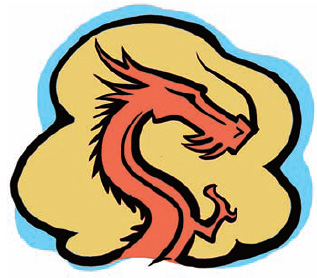 |
Great expectations
"Why didn't you get first?" was the response Aumer got when she called her mother telling her that she got a second-place award for her photos from the Iowa Newspaper Foundation.
This attitude underlines the fact that Chinese parents are good at raising stereotypically successful kids, as they are strict about their children's studies and have high expectations.
Liu Dongwang, the associate director of the Center for Asian and Pacific Studies, says he was not very successful raising his daughter, who will start her studies at the University of Iowa in the fall of 2011.
"She can only attend the University of Iowa," Liu says. "I hoped she would have been admitted to one of those elite schools, and I would sell my house to pay for it if necessary."
Long says Chinese parents not only want their children to do well academically, they also want them to excel at other things. Like Amy Chua's children, they often expect them to take piano or violin lessons at a young age and practice for a long time.
"I believe they want their children to become really skilled," Long says. "Maybe it's part of the value system to do everything well."
While Chinese parents expect their children to excel at what they do, American parents prefer their children to enjoy what they do. "I would practice piano if I liked it," Aumer says.
But for her mother, practicing piano is not just a hobby and she demands that it is taken seriously. "Looking back, I should have listened to my mother," Aumer continues. "I wish I had listened to her and kept practicing and not let my father intervene. I would be much better now."
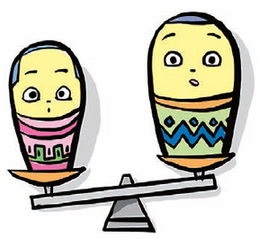 |
Testing the limits
When a bunch of Chinese mothers gather together, they will most likely talk about their children.
"Americans don't usually ask somebody how their child did on a test like the ACT college entrance exam unless they're really good friends," Long says. "Chinese parents fee free to ask such questions."
Long says Chinese parents will compare their kids, even in front of them, which she believes can be hurtful.
Chinese parents, however, believe it motivates their children.
"Sometimes I will ask my children about their friends' scores when I see their transcripts," says mother Zhang Yuping. "Often they will tell me it is not right to compare them."
Aumer says she is always being compared with her sisters. Though she is the tallest girl in the family she is also the fattest and she hates being told to lose weight all the time.
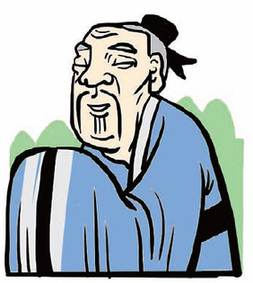 |
"When I tell my friends (about this) they are shocked," Aumer says. "But I don't take offence because I know she (mom) doesn't mean it."
Confucian culture
"I guess Americans believe a kid should be independent," says Chen Tingting, but Chinese families are often dominated by Confucian ideas, which means a child has obligations to the entire family.
Chinese parents want their children to be successful mainly for their children's own good, but they also want their children to bring honor to the family.
"I'm not supposed to be over critical of my son. But sometimes I am still influenced by the Chinese way of thinking, so that I feel I lose face because my son is not behaving well," the mother says.
"I try to avoid thinking that my son is part of me," she says.
A middle way
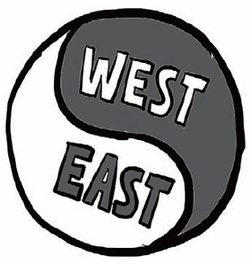 |
Despite the huge differences between American and Chinese parenting styles, when Chinese raise their children in the US, they will gradually incorporate some of their values.
"Before we came here, the way we educated our kids and the way Americans do is like different tracks," Chen Tingting says. "Now it seems those tracks are getting closer to each other."
She is searching for a middle way between the two cultures and says though she does not want to raise her kids exactly like typical Americans, she is influenced by them.
"We do try to give more encouragement to our kids," Chen says, but change is not always easy. "I am Chinese. Some concepts are deeply rooted."
Raising kids in another culture, however, does have its benefits. Joyce Long says whenever somebody lives in a new country, they can always pick up some of the good aspects from that culture and at the same time, keep some of the good values of their own culture.
By searching for a middle way these parents search for the right way and the best of both worlds.
China Daily
E-paper

City's dynamic teutons
German cluster gives a fillip, competitive edge to local economy in Taicang
Short and sweet
Game for growth
Character reference
Specials

Hunting grounds
Opinion divided as China debates opening door to international players
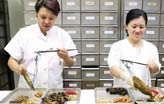
Flying the TCM flag
A small German town is home to Europe's flagship clinic for traditional Chinese medicine

Animal attraction
World's youngest chief fur designer set to launch own label and tap into huge China market.
